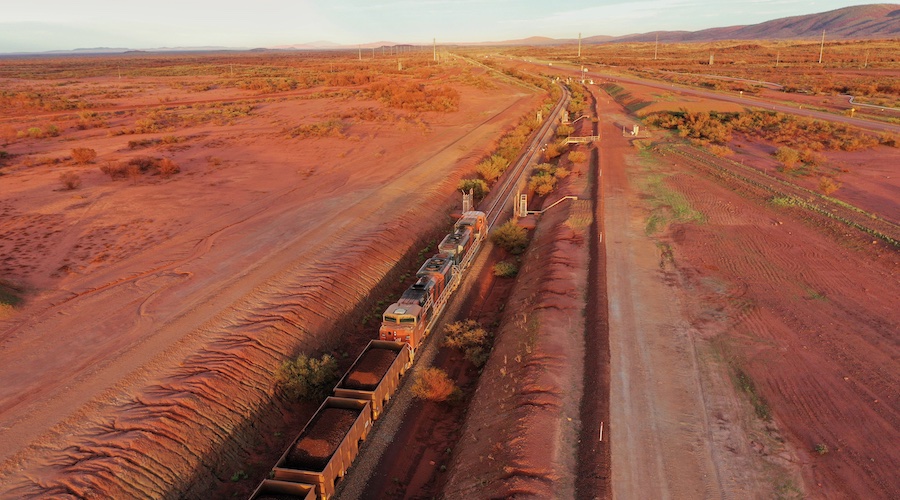BHP quarterly iron ore production rises on lower covid-19 impacts

BHP Group said on Wednesday its quarterly iron ore output rose, aided by better performance from its Western Australian assets and a continued ramp-up at its South Flank project.
The higher production comes despite an 18% fall in spot prices of iron ore over the September quarter as China repeatedly locked down several major cities as part of its “zero-covid” policy, hitting economic activity and demand for iron ore.
Rival Rio Tinto had tempered its annual iron ore shipments forecast, after quarterly iron ore deliveries fell.
However, BHP said it had lower covid-19 impacts and strong supply chain performance over the September quarter from its Western Australia projects.
Mining firms operating in Australia have faced shortages of skilled labour in recent quarters, from border closures and worker absenteeism due to covid-19, which has hit production.
The worker shortage continued to slow performance at its coal projects in New South Wales, which were already hit by floods. New South Wales energy coal production fell 38% in the September quarter.
“We expect global macro-economic uncertainty in the short term to continue to affect supply chains, energy costs, labour markets and equipment and materials availability” said chief executive Mike Henry.
The global miner produced 72.1 million tonnes (mt) of iron ore in its first quarter, a 2% rise. The firm left its annual production and cost guidance unchanged.
BHP also said it was working on bringing forward first production from its Jansen stage 1 project, its potash project in Canada. It is targeting first production in 2026.
(By Harshita Swaminathan; Editing by Krishna Chandra Eluri)
More News
{{ commodity.name }}
{{ post.title }}
{{ post.date }}




Comments